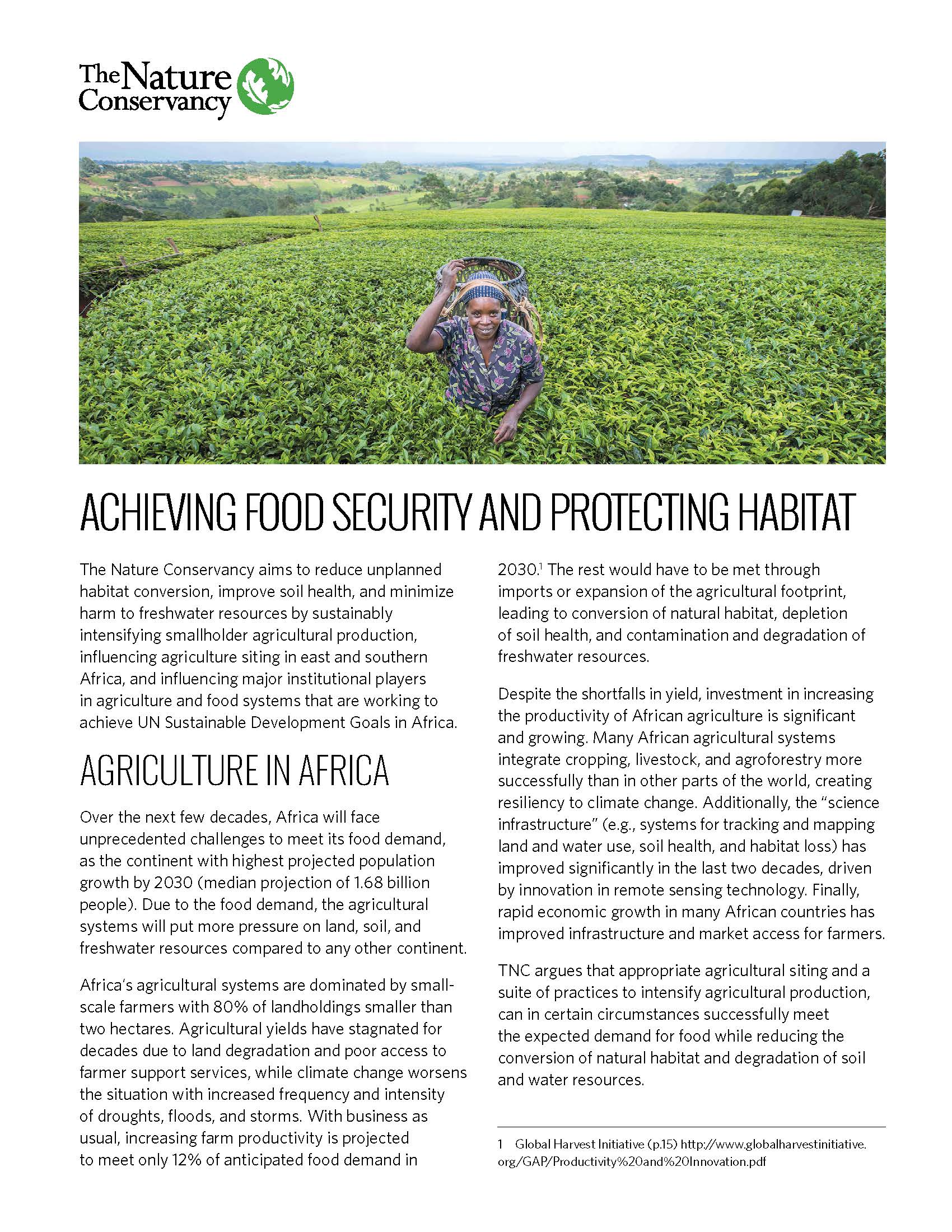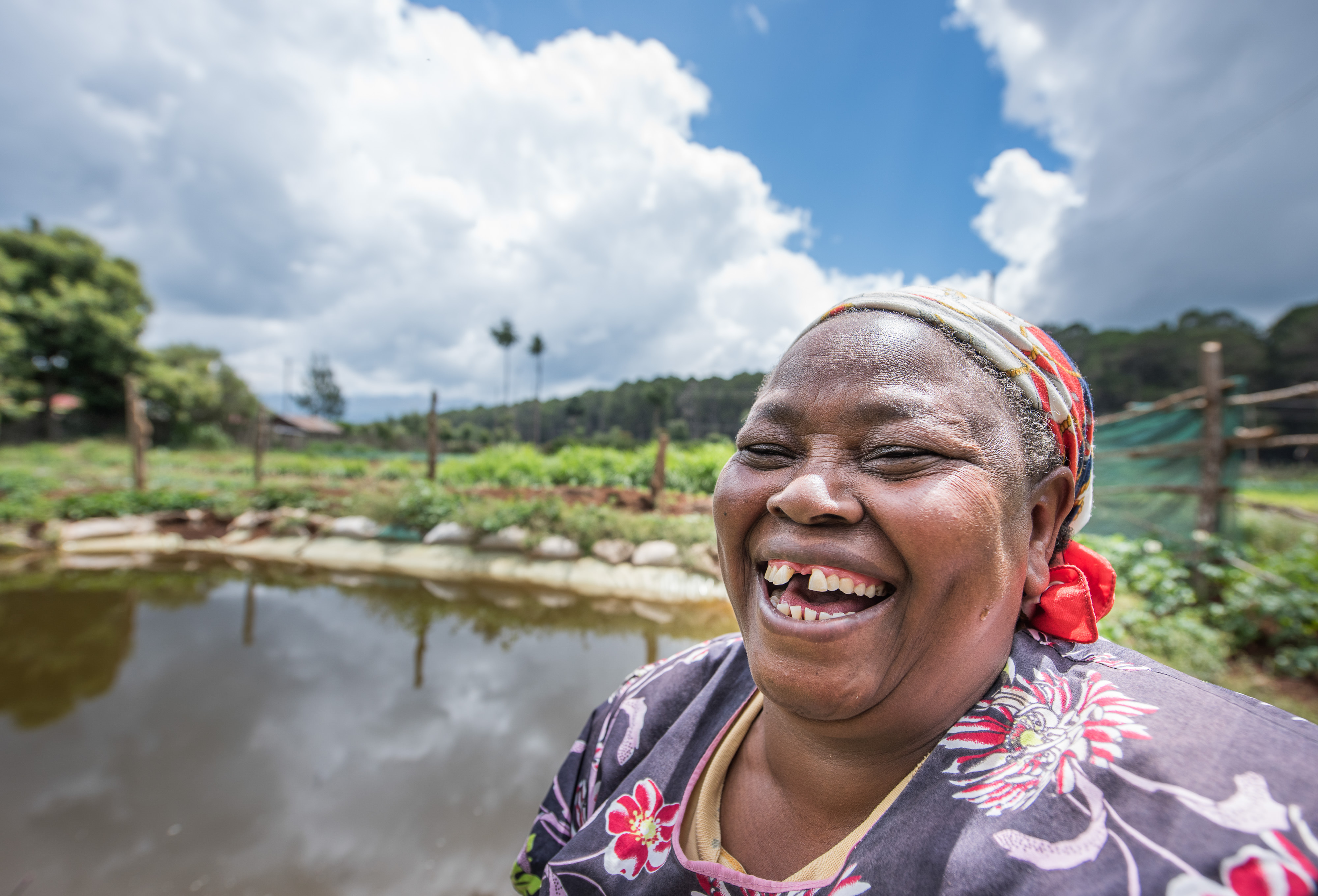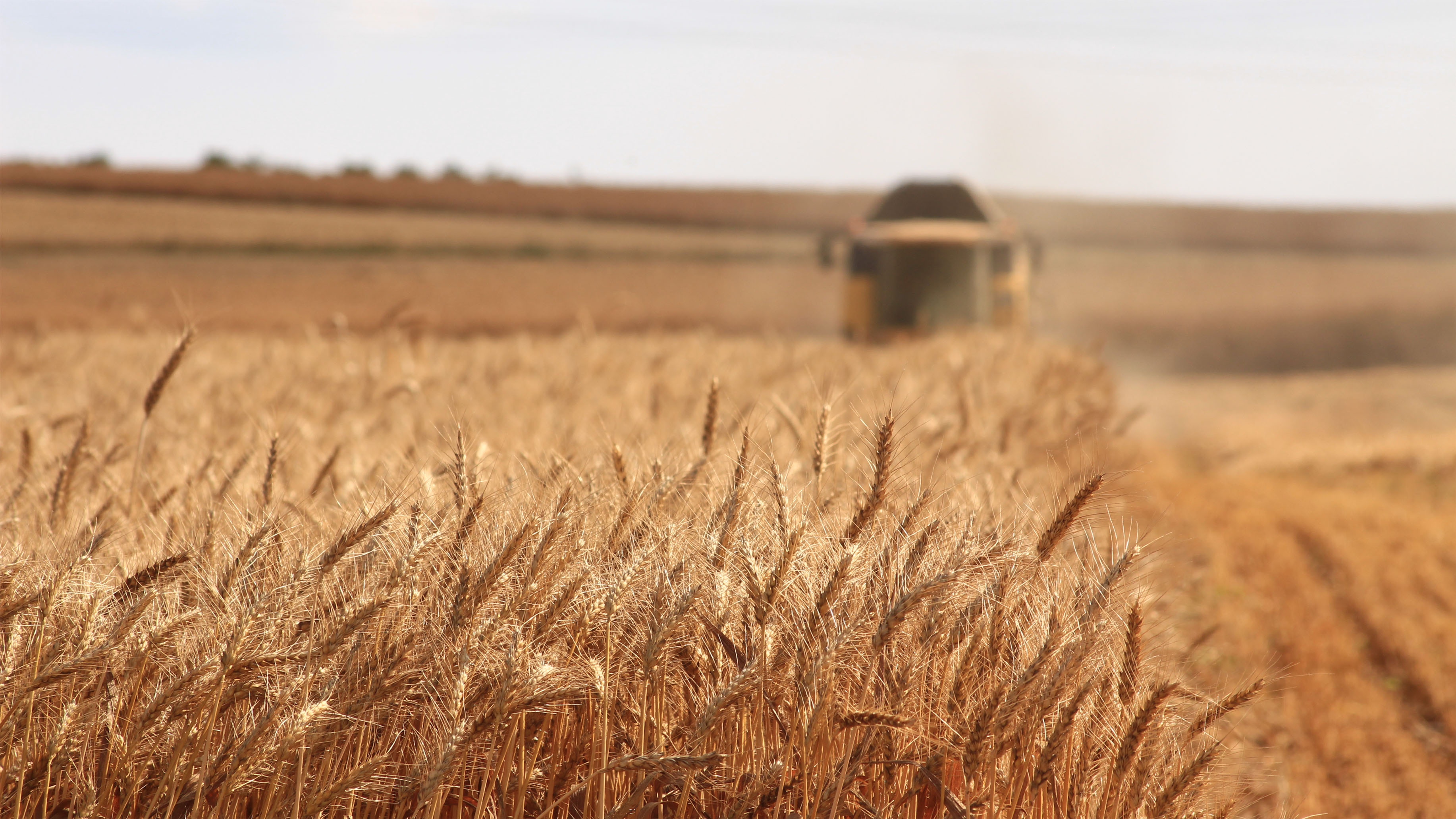Feeding a Growing Continent
In order to save Africa’s lands and waters, we have to help farmers grow more food on less land.
There are just a few things that all humans need for survival — clean air, fresh water and food. But while protecting the air we breathe and the water we drink is generally good for all natural systems, growing food puts stress on our planet, and it often comes at the expenses of healthy habitat and wildlife.
Agriculture Strategy
Download the SummaryAgriculture has been changing the face of Africa dramatically over the last 50 years.
And with the continent’s population expected to more than double between now and 2060, it could irreparably harm some of the last large wildernesses on Earth.
With business as usual, increasing farm productivity is projected to meet only 12 percent of anticipated food demand in 2030. To make up the difference, farmers will have to expand outward, depleting soils, contaminating freshwater systems, and converting natural habitat needed by wildlife.
In order to save Africa’s lands and waters, we have to help farmers grow more food on less land.
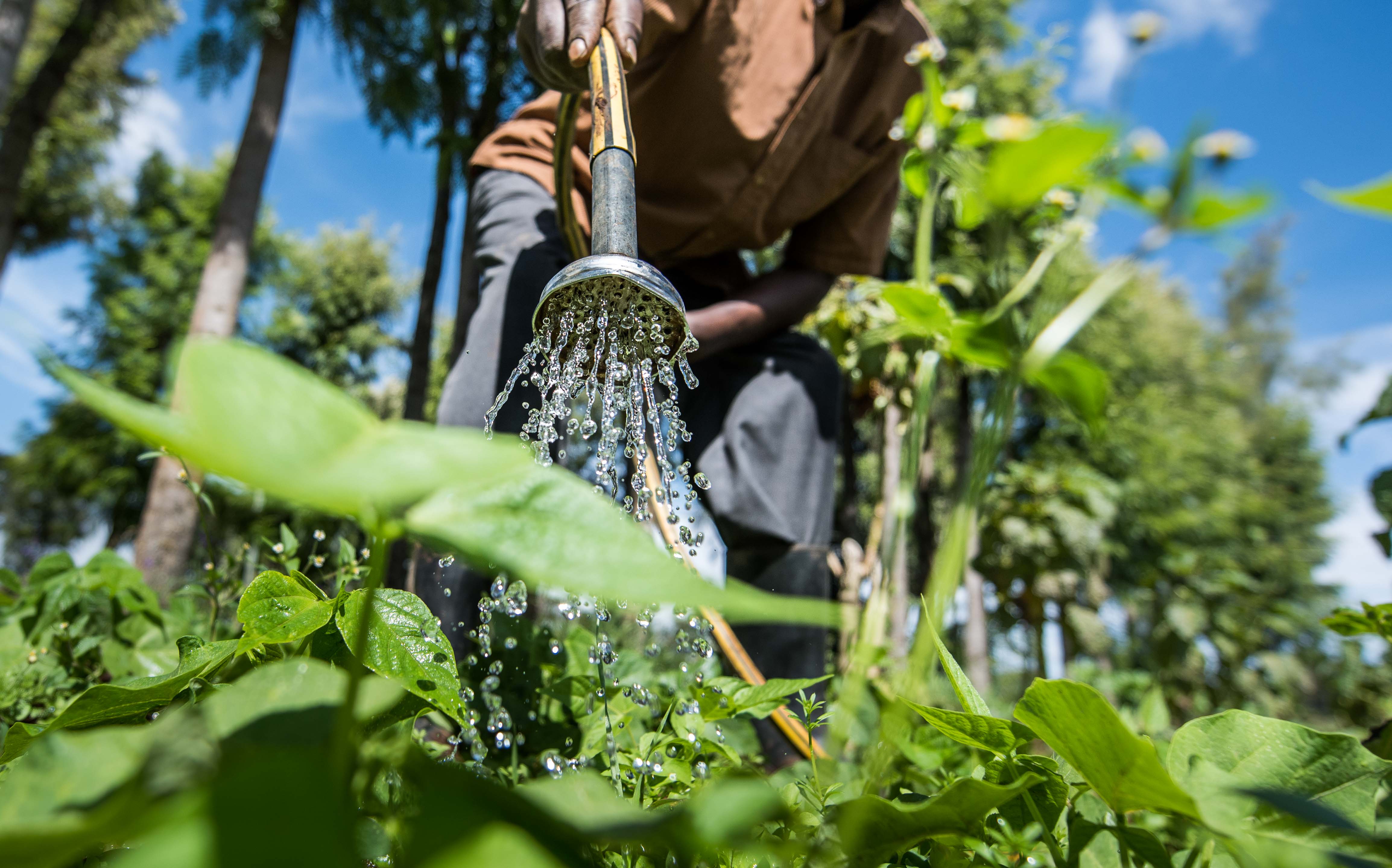
Agriculture in Africa is very different than in the United States and many other parts of the world. More than 80 percent of agriculture in Africa occurs on farms that cover less than 2 hectares (5 acres) of land.
The sheer number of farmers creates many different challenges in outreach and communication. The few technical extension officers available are stretched thin by having to provide services for hundreds of farmers over vast areas.
Quote
In order to have a continental impact, we have to think and act systemically.
I remember clearly from my days serving in the Peace Corps in Ghana buying gasoline with my own money so that extension officers could reach far-flung farmers via motorbike. I was so passionate about the power of agroforestry, I was willing to do whatever it took to get the word out to each and every farmer.
In this region, the quantity and quality of roads — and therefore access to markets — varies considerably. And systems set up to combat this imbalance sometimes fail. For example, Zambia’s food security association buys corn from rural farmers, but it often takes 12 to 18 months for the association to pay them. This means many farmers don’t have the cash they need to buy new seeds, and they miss an entire growing season.
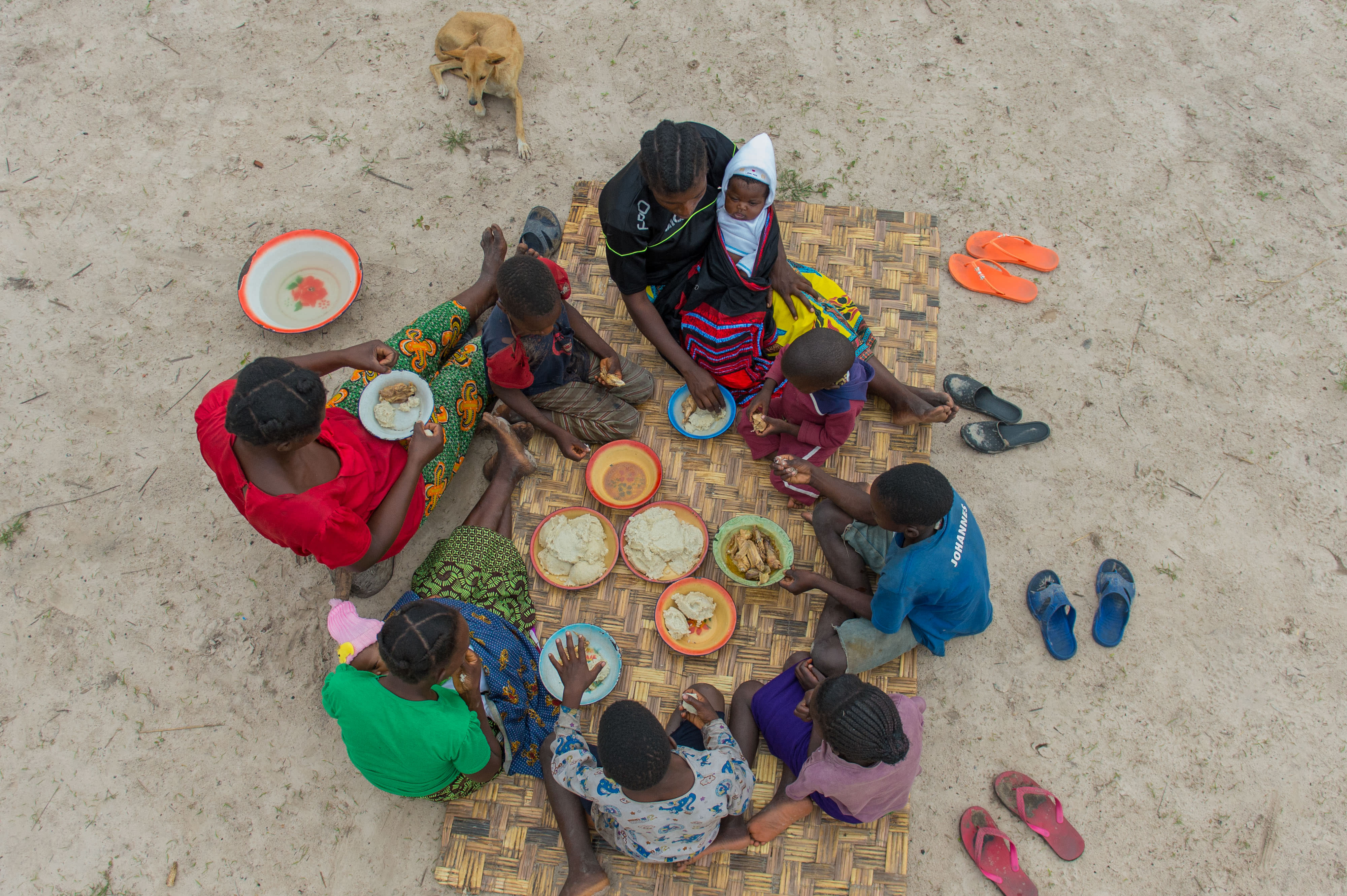
Despite these challenges, there are steps we can take to reduce environmental impact and improve farmers’ incomes. By focusing on sustainable intensification — helping farmers achieve higher yields on the same agricultural footprint through improved soil health — and guiding any new land conversion to areas that would grow the most food with the least impact on wildlife and freshwater systems, we can have a profound impact on Africa’s future.
But much like those extension officers on motorbikes, it’s hard to change the world one person at a time. That’s why in order to have a continental impact, we have to think and act systemically.
In Kenya’s Tana River watershed, TNC is working with local NGO partners and county extension agents to improve yields in the smallholder farming system and have a positive impact at a regional scale.
Farmers are learning how low-cost techniques such as planting napier grass can improve the quality of their soil and keep more of it on their farms and out of the river. More than 20,000 farmers are already producing more food, making more money, and creating fewer negative impacts to the downstream water quality and quantity.

Promoting the adoption of agroforestry (the combination of agriculture and tree planting) is another way to help farmers achieve multiple goals at once. Trees not only fix nitrogen into the soil improving its quality for farming, they act as windbreaks, provide shade, fuel wood and building material and, very importantly, contribute to carbon sequestration.
Helping producers get their crops to market and receive a fair market price is a critical part of the solution. TNC is establishing relationships with local NGOs and cooperatives that can help level the playing field for small-scale farmers and ensure that they can achieve their goals without clearing additional land. By working with established local partners with extensive networks, TNC can share science and resources at a scale that would be beyond our reach alone.
I believe that farmers don’t have to choose between healthy habitat and higher yields. We can — and must — do both. The future of Africa depends on it.
Agriculture Strategy
Global Insights
Check out our latest thinking and real-world solutions to some of the most complex challenges facing people and the planet today.


